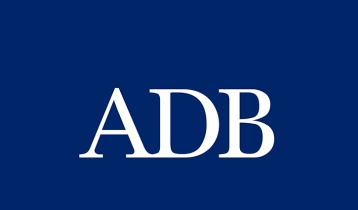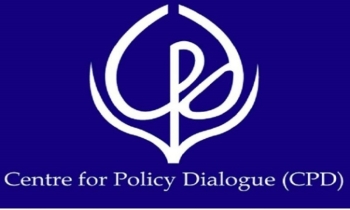Austerity the new buzzword as govt lowers expenditure estimates
UNB || BusinessInsider

Photo: Collected
The government has been compelled to pull down its projections for expenditure in the coming couple of years – in light of the changed economic reality brought about mainly by the Russia-Ukraine war and its aftermath of sanctions and counter-sanctions.
In its projections for the 2021-22 budget, the government projected its total expenditure at 17 percent of GDP for the next two fiscals, i.e. 2022-23 and 2023-24.
However, in preparing the budget for 2022-23, the government has estimated expenditure at 15.2 percent of GDP for the 2022-23 fiscal, while it will be 15.5 percent for 2023-24 fiscal.
By 2024-25, as per a budget document, the target for expenditure has been set at 15.6 percent of the GDP.
The government in the last fiscal, 2021-22, set the expenditure target at 17.5 percent, but it was revised to 14.9 percent.
This is part of the government’s austerity drive in terms of expenditure, given all the forecasts that the world is heading towards an economic recession in 2023.
According to the document, government expenditure was 13 percent of the GDP in 2020-21 fiscal.
As per the document, with successful implementation of reforms in Public Financial Management, government expenditure kept increasing since the 2015-16 fiscal.
It also mentioned that the Annual Development Programme (ADP) was 4.5 percent of the GDP in the 2020-21 fiscal.
In the current fiscal, the government plans to allocate 5.5 percent of the GDP for the ADP while it is 6.3 percent for 2022-23 and 6.4 percent for 2024-25.
The document is revealing in how large the Russia-Ukraine conflict looms in the government’s calculations, and the challenges posed in its wake.
The “unprecedented” price hike in the international energy market, food supplies and other essential commodities alongside the widespread disruption in international supply chains have adversely affected the global economy, including Bangladesh.
The conflict is likely to emerge as a new obstacle in the way of achieving development targets, as well as full recovery from the Covid-19 crisis.
The prices of essential import commodities for Bangladesh like oil, gas, fertiliser, edible oil, etc. have skyrocketed in the international market.
According to Finance Division estimate, only nine essential commodities (crude and refined oil, LNG, wheat, fertiliser, palm oil, coal, soybean oil, maize and rice) imported to Bangladesh will cost an additional $8.2 billion in 2022, considering the rise in their prices over that in 2021.
The other key import items like consumer goods, capital machineries and industrial raw materials have also seen significant price escalations in the international market.
In addition, the costs of international logistics are on the rise.
Import-induced inflation, therefore, is gradually emerging as a major concern for the government.










































